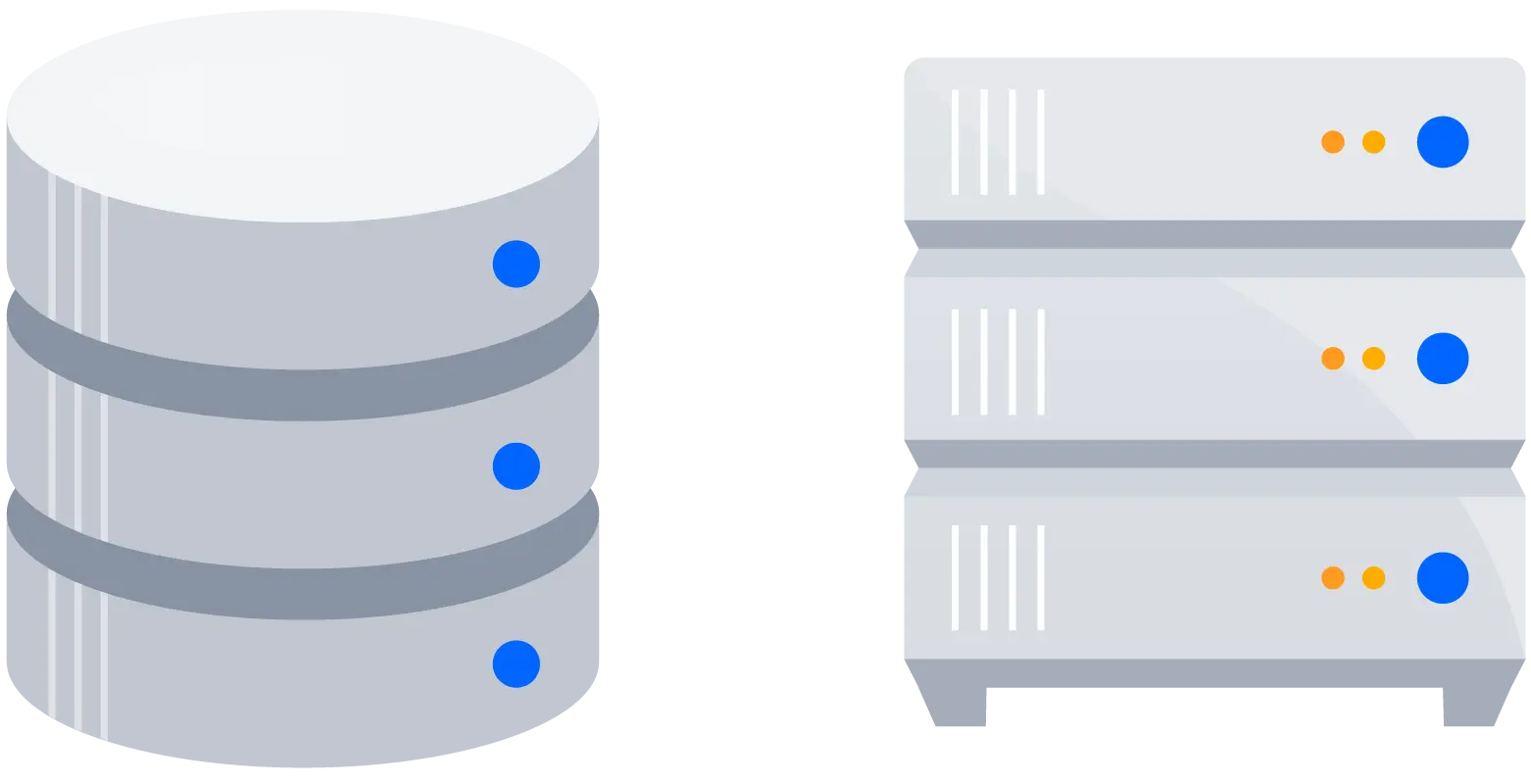Essayer les Apps Atlassian gratuitement
Nos produits Cloud permettent de renforcer toutes les équipes, des start-ups aux grandes entreprises.
Collaborez de manière transparente entre les équipes transverses, à grande échelle
Développez en profitant de la confidentialité, de la sécurité et du contrôle de données les plus élevés du secteur
Personnalisez vos produits grâce à plus de 1 000 apps et intégrations
Planification et suivi
Collaboration conviviale et intuitive pour les équipes métier et leurs projets, conçue pour la coordination entre équipes et l'élimination des silos.
Essayer la version CloudOrganisez et priorisez vos idées, partagez des feuilles de route produit et connectez les équipes métier et techniques dans Jira.
Essayer la version CloudSupport et correction
Collaborez à haute vélocité, répondez aux changements métier et offrez rapidement d'excellentes expériences de services aux clients et aux employés.
Essayer la version CloudLes incidents, ça arrive. Tenez vos utilisateurs informés tout en réduisant le nombre d'e-mails de support durant les temps d'arrêt.
Essayer la version CloudCollaboration
Privilégiez le développement à la gestion. Organisez votre travail, créez des documents et discutez des sujets qui vous intéressent à un seul et même endroit.
Essayer la version CloudCollaborez et faites-en plus. Grâce aux tableaux Trello, votre équipe peut organiser des projets de façon amusante, flexible et visuelle.
Essayer la version CloudEnregistrez votre écran, votre caméra et votre voix avec Loom. Envoyez des messages vidéo asynchrones sur une plateforme optimisée par l'IA.
Essayer la version CloudProgrammez, développez et livrez
Participez à la rédaction de code avec des commentaires contextuels et des pull requests. Gérez et partagez vos dépôts Git pour programmer et livrer des logiciels en équipe.
Essayer la version CloudMaintenez votre productivité grâce à l'IA, du début à la fin du cycle de vie logiciel.
Essayer la version CloudTirez pleinement parti de Git et de Mercurial dans une app extrêmement simple. Obtenez le client de bureau gratuit pour Mac et Windows.
Télécharger maintenantRassemblez votre architecture logicielle distribuée et les équipes qui collaborent dessus en un seul et même endroit unifié.
Essayer la version CloudIdentité et sécurité
Bénéficiez d'une visibilité, de politiques de sécurité ainsi que d'un contrôle de votre infrastructure Atlassian Cloud à l'échelle de l'entreprise.
Essayer la version CloudTirez pleinement parti de vos produits
Adaptez votre solution aux besoins de votre équipe
Enrichissez vos produits Atlassian avec des milliers d'apps du Marketplace.
Formez-vous grâce à l'Atlassian University
Développez de nouvelles compétences, améliorez le travail de votre équipe et faites avancer votre carrière professionnelle.
Voyez grand avec Atlassian Enterprise
Connectez, accélérez et faites évoluer l'ensemble de votre entreprise grâce aux solutions Atlassian Enterprise.
Cloud
Les solutions Atlassian Cloud sont fournies avec tous les outils dont les grandes équipes en plein essor ont besoin pour faire évoluer la collaboration et les workflows en toute transparence.
En savoir plusData Center
Hébergez vos applications auprès de fournisseurs IaaS comme AWS ou Azure. Data Center est notre solution 100% personnalisée (auto-g�érée) pour une administration avancée à grande échelle.
En savoir plus